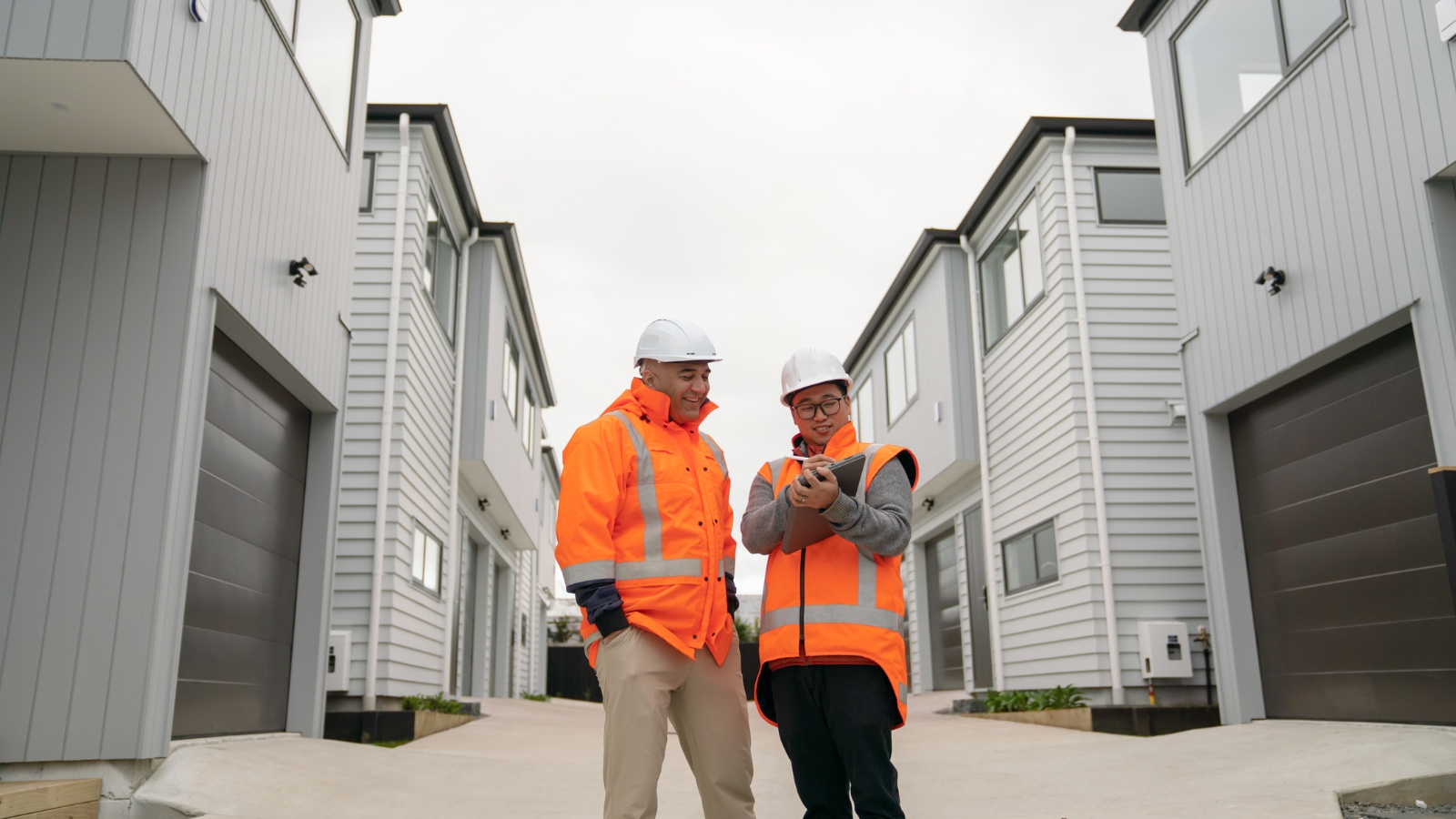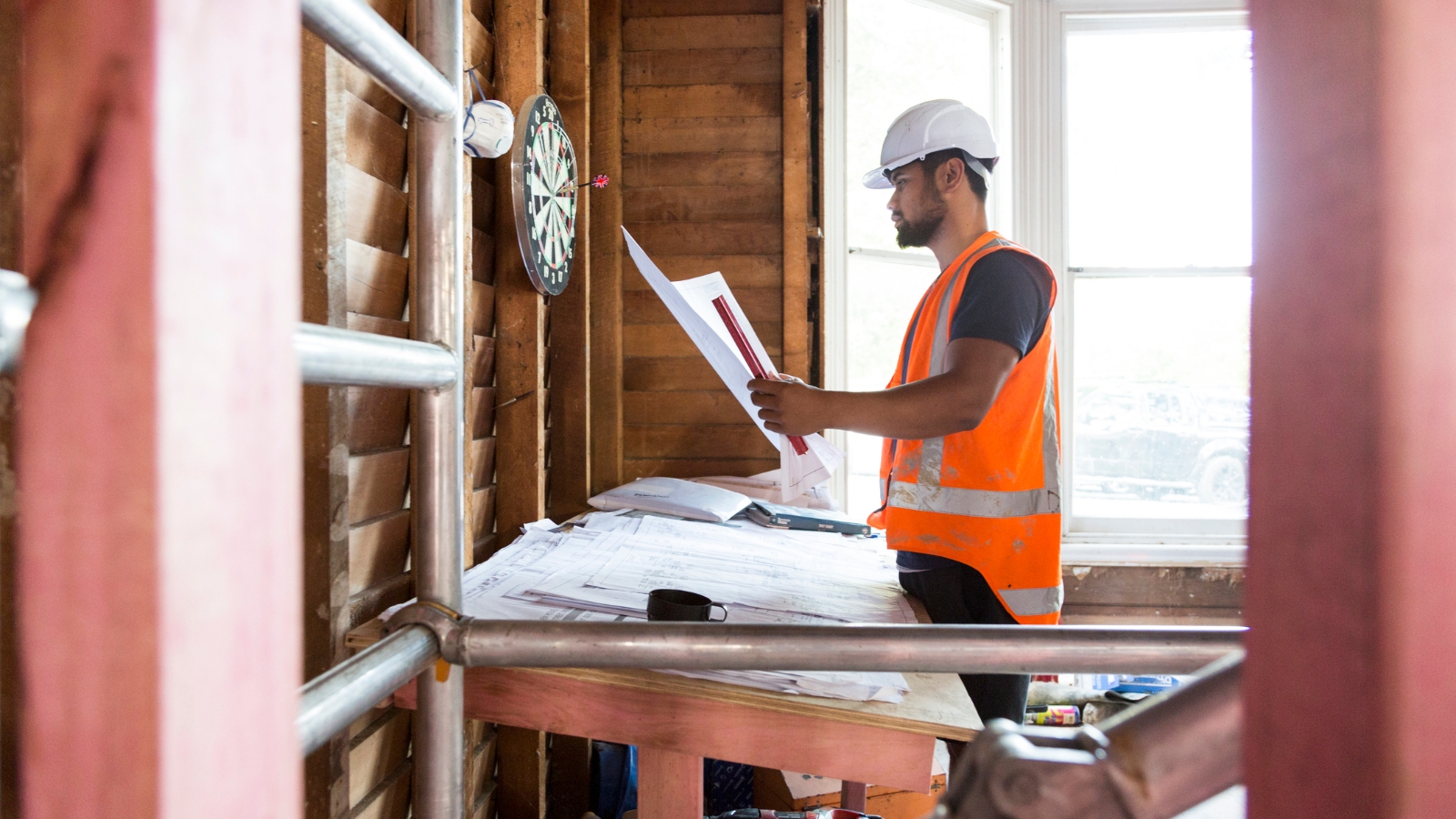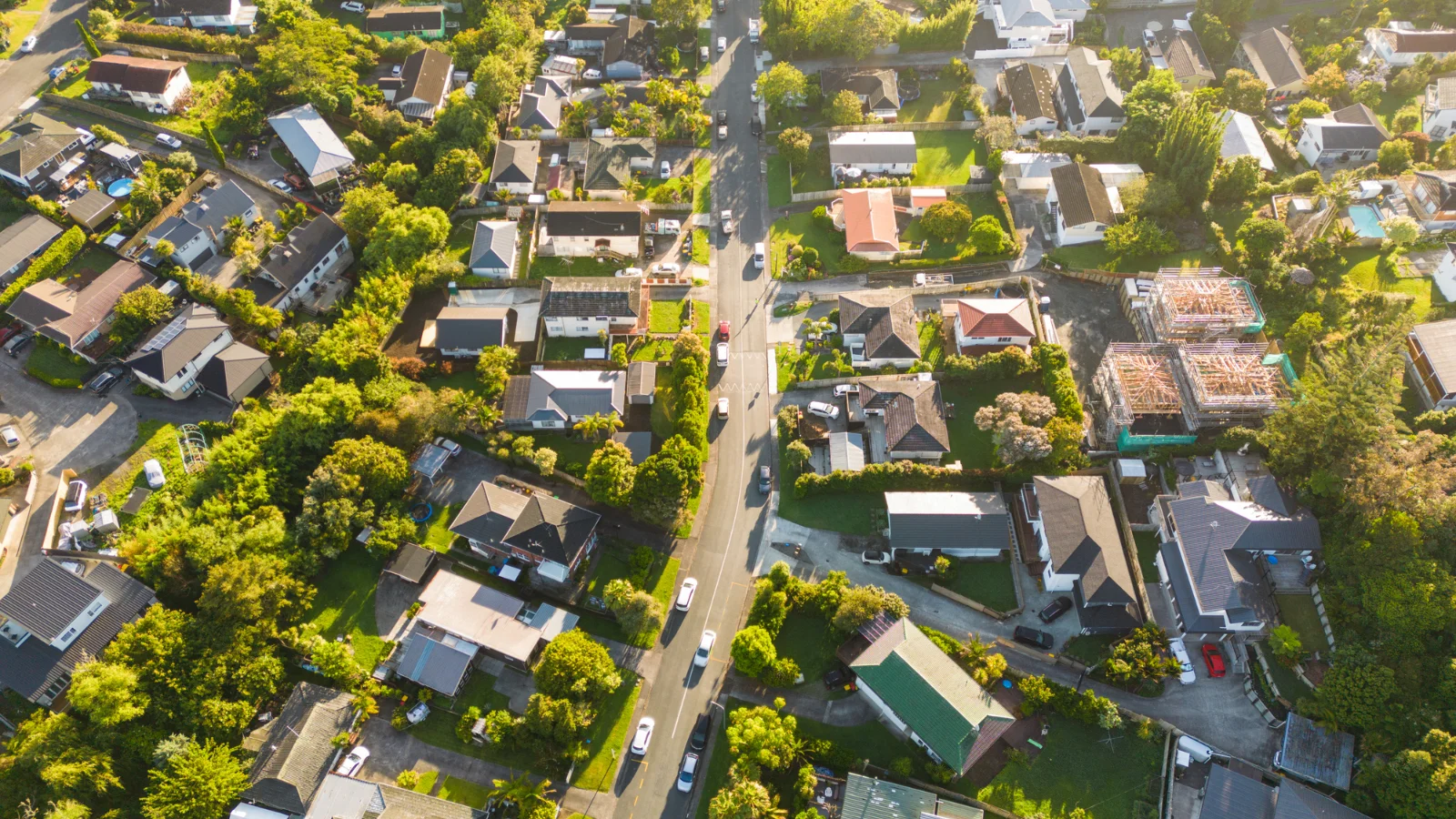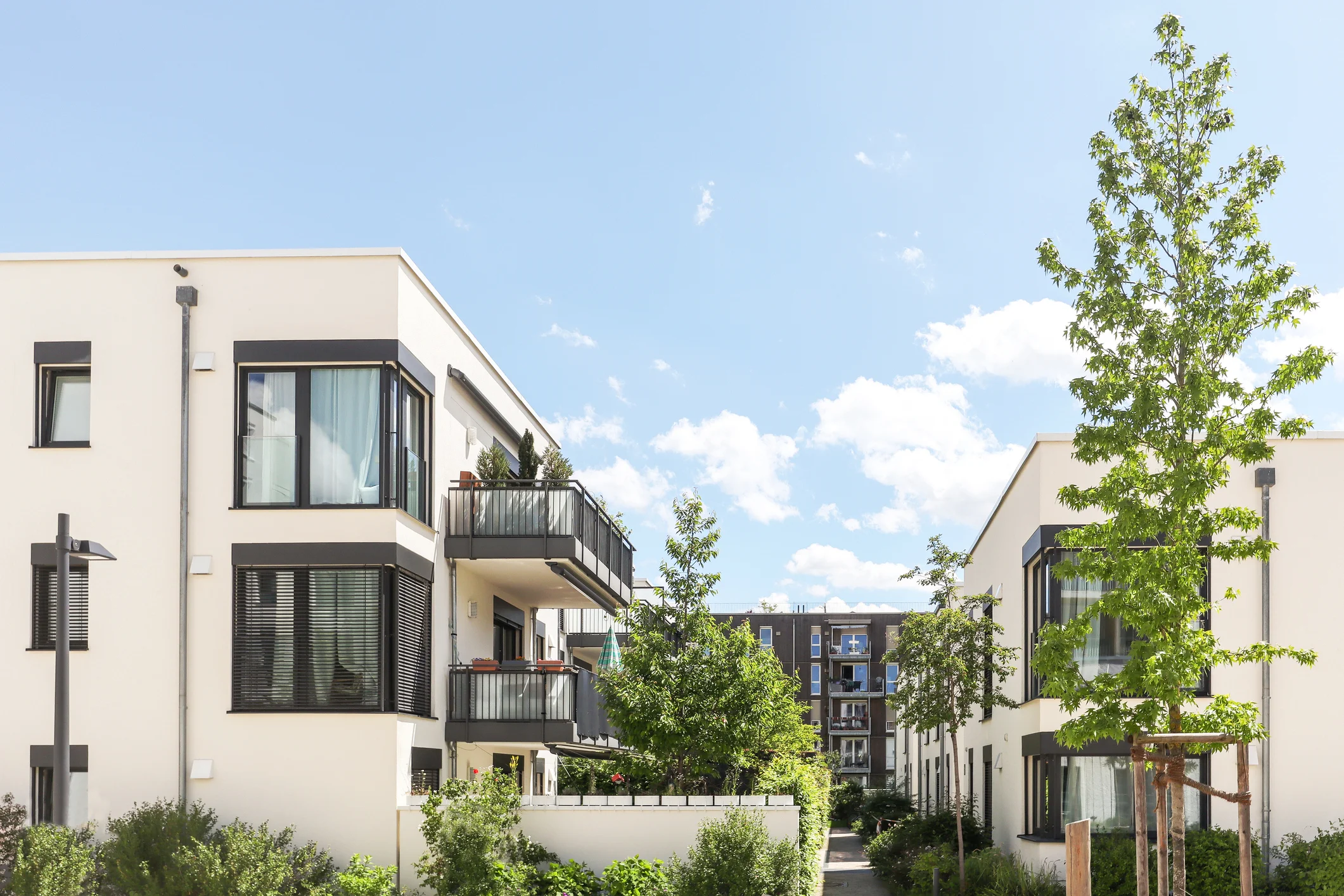Buying guide
Getting into property development
Read this before you get started
Last updated: 2 September 2024
But first, what does property development involve?
Get educated
What type of deveoment would you build?
Make sure you have the necessary capital
Learn to spot and evaluate an opportunity
Value
Costs
Property development is difficult and risky, but the rewards can be huge.
Understand the numbers
Start small and get your skills up
Discover More
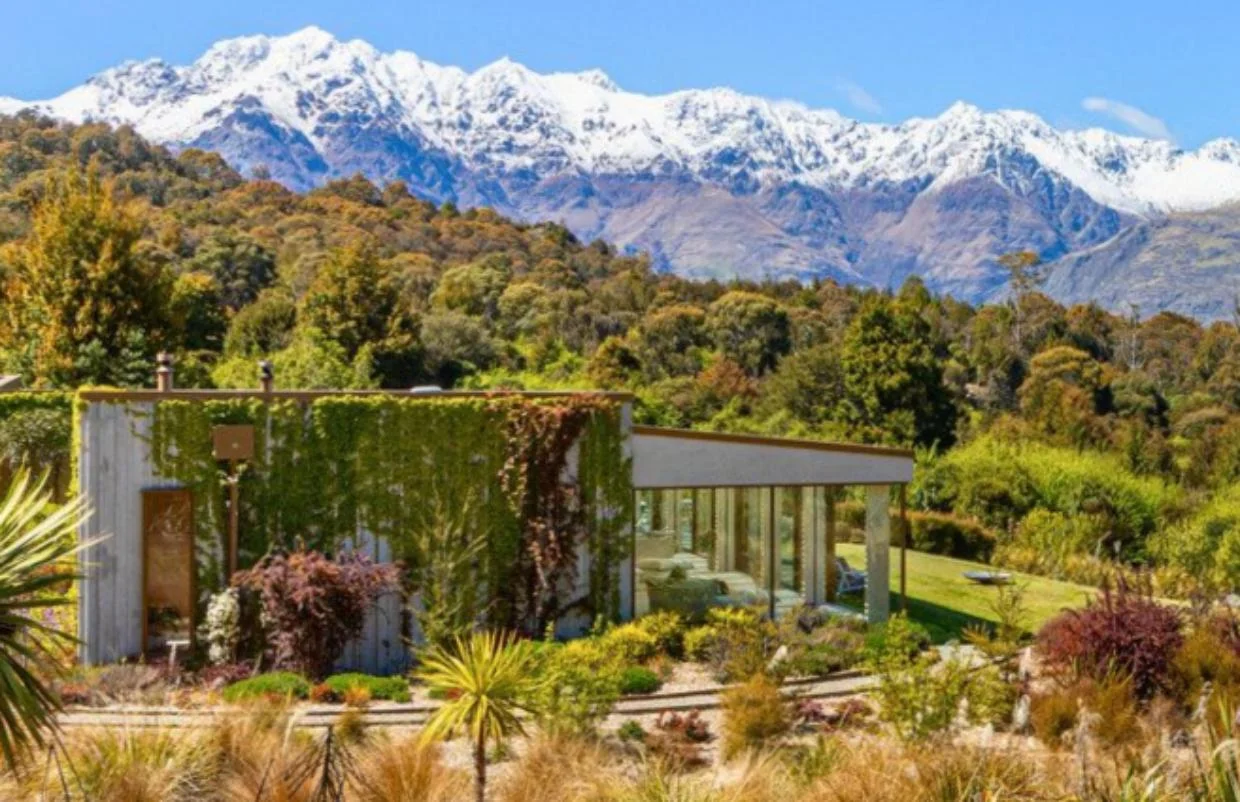
Rich-lister’s $10 million Lake House listed after upgrade
Lake House in Queenstown has been listed with an asking price of $10.425 million.

‘Hidden’ Art Deco apartment in old post office: ‘There is literally nothing else like it’
The former Devonport Post Office has had a new life as commercial premises, but few know about the apartments above.
Search
Other articles you might like
